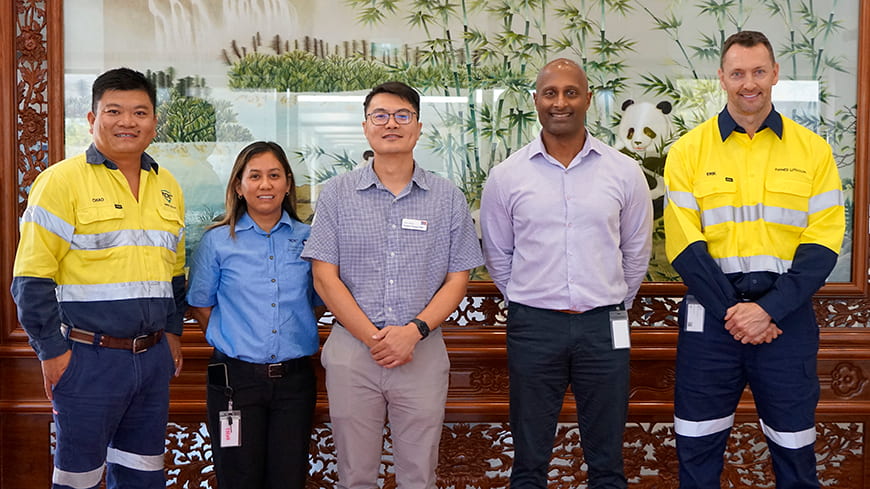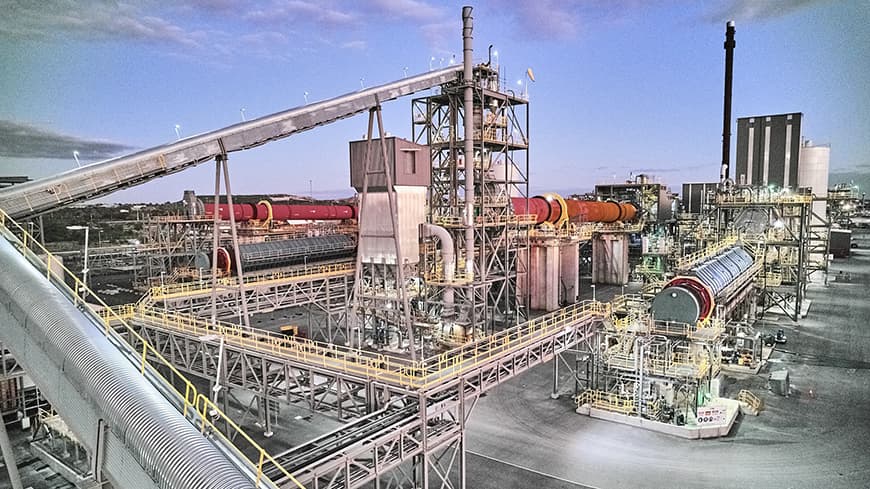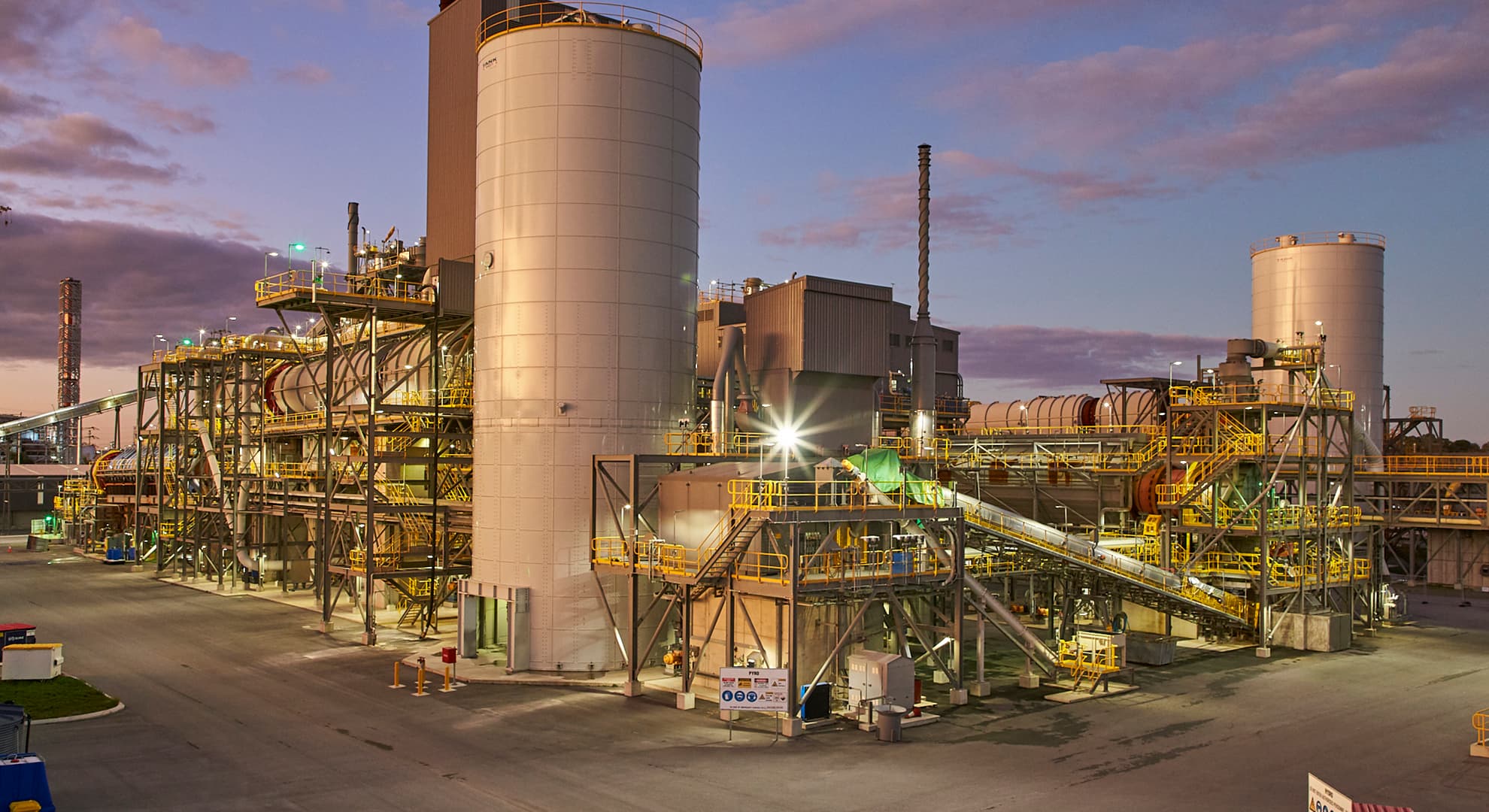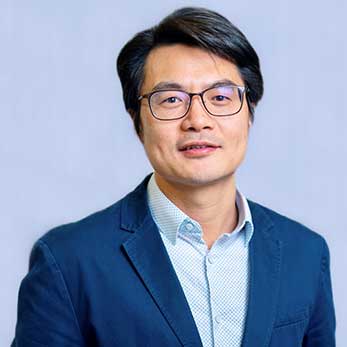
Edith Cowan University (ECU) is partnering with Australia's first lithium manufacturer, Tianqi Lithium Energy Australia (TLEA), and world-leading chemical engineering researchers, to drive a greener, more sustainable future for Australian lithium products.
The three-way collaboration, led by ECU's Professor of Chemical Engineering Hongqi Sun, is focussed on exploring ways to maximise the use of Australia's finite lithium resources, which accounted for more than 55 per cent of the annual global lithium supply in 2021.
Lithium hydroxide is a critical chemical enabling the decarbonisation of the transport and energy sectors by powering battery electric vehicles and energy storage systems.
Professor Hongqi Sun's work on lithium and renewable energy is recognised globally, he is a delegate for Australia to the USA on Hydrogen Research Partnerships and is listed in the top .1% of researchers cited around the world.
"This partnership on lithium with TLEA is another big leap forward for Australia's renewable energies future, and together we are excited to deliver research outcomes in years to come," Professor Sun said.
Lithium exports are already playing a significant role in maintaining Australia's run of strong trade surpluses, as illustrated in recent ABS data.
Experts claim Australia will continue to have a key role in supplying lithium to the global market in coming years.

An Australian first
In May 2022, TLEA produced Australia's first battery grade lithium at its plant in Kwinana. The lithium hydroxide monohydrate (LHM) being produced is preferred by battery manufacturers like Tesla, and the Kwinana refinery now has the capacity to produce 24,000 tonnes per year, per production 'train'. The WA plant is currently operating one production line or 'train' as they are known, with a second partially completed and has the potential to expand to up to four trains.
"By producing materials from our lithium resources with beneficial uses, we can significantly reduce our carbon footprint and contribute to Australia's decarbonisation efforts as well as those of our off-take customers," CEO Raj Surendran said.
"We are very pleased to be part of this collaboration and to be able to tap into the University's research expertise to investigate how the aluminosilicate's properties can be enhanced to expand these existing market uses."
Reducing the carbon footprint
The Kwinana Plant was specifically designed to produce by-products that will derive the maximum benefit from the spodumene ore concentrate (residue produced after lithium extraction) sourced from the Talison Lithium Mine, in Greenbushes, the world's largest, highest grade hard rock lithium deposit.
In addition to lithium, the plant produces Gyplime, Sodium Sulphate, and a low sulphur aluminosilicate, which has uses as supplementary cementitious material (a new material which can be added as part replacement for cement to make lower CO2 concrete) in concrete production, in retaining blocks or in paste fill.
Professor Hongqi Sun said ECU shares the same environmental ambitions as TLEA, and together plan to accelerate the future of greener lithium products.
"Lithium is a strategic resource for the whole planet, and the key to future energy sustainability," Professor Sun said.
"This is all about taking responsibility of making energy green, so we must make the process of manufacturing it greener as well," he said.
 Image of the Kwinana Lithium Refinery.
Image of the Kwinana Lithium Refinery.



